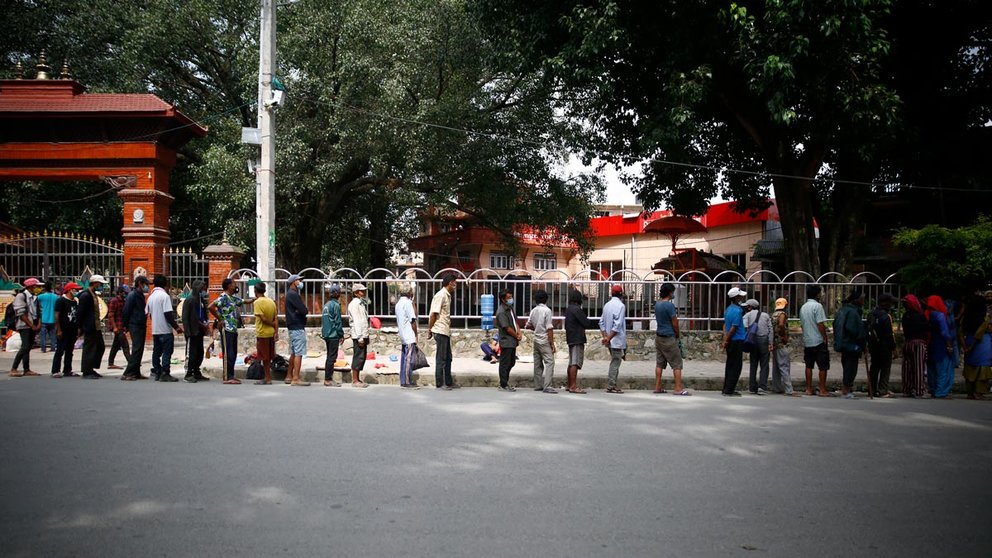The indirect consequences of the coronavirus pandemic are dwarfing the impact of the virus itself in the world's most fragile countries, the United Nations' emergency aid coordinator warned on Wednesday.
Mark Lowcock told the UN Security Council that "the indirect effects of the crisis will be higher poverty, lower life expectancy, more starvation, less education and more child death."
He said the effects were chiefly economic - weakening commodity prices, declining remittances, disruptions to trade and lockdown measures making it harder for people to survive, especially day labourers and women.
The UN humanitarian chief also said poorer countries were hard hit by the outbreak's impact on education and health services, as people there were highly vulnerable to deadly diseases such as measles, malaria, and tuberculosis.
UN political chief Rosemary DiCarlo, who also briefed the Security Council on the impact of the pandemic on peace and security, highlighted heightened risks.
Trust in public authorities
She said the erosion of trust in public institutions could drive instability if people believed authorities had not addressed the outbreak effectively or had not been transparent.
DiCarlo noted there was a rise in discrimination, gender-based violence and limits placed on freedom of expression.
There was also a risk that the pandemic could derail fragile peace processes, she said.
DiCarlo said UN Secretary General Antonio Guterres' March 23 call for a global ceasefire achieved an encouraging initial response, with temporary truces announced in Colombia, the Philippines and other places.
"However, many expired without extensions, resulting in little improvement on the ground," she noted.










